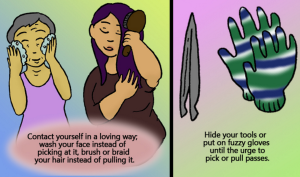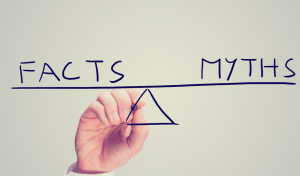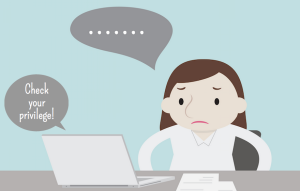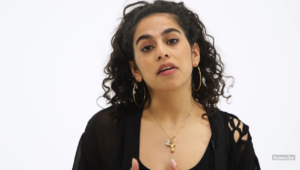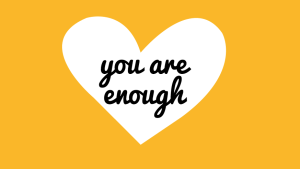My friend James is in the 8th grade. He doesn’t have enough money to support his own diet. He’s not a vegetarian, mostly out of fear of starving in his own home.
He doesn’t know what it’s like to work in a factory, but he pictures something similar to his current public school. When he first imagined farming, he dreamed of pitch forks, cows, and barns. It was like a fairy tale. He didn’t know about the mounds of metal and synthetic material used to create what he eats.
Because of this twisted food system he’s slave to, his body is systematically inclined to break down, like the buildings that are broken down for new shopping centers, forcing his neighbors into homelessness.
At this rate, he won’t be able to differentiate corporate farmers from drug dealers – similarities are too strong. Selling harmful products to innocent people for extensive profits, but like crack, the dollar menu is cheap, the ingredients are addicting, he keeps buying.
When James wakes up in the morning, the most difficult question he has involving food is “How much is there in the fridge?” Three boxes of generic pasta in the freezer, one box of Cap’n Crunch he might have if there’s any milk left, he built walls out of sugar, easy to hide behind the taste buds, but embodying the focus of issues in his life. It’s like being high for at least ten minutes whenever he’s able to find room to consume.
He’s not eating to save the economy or the geological state of the planet. He’s eating because he’s hungry, so very hungry. The personal survival that allows for not realizing he’s hurting himself in the process, James hasn’t experienced the taste of foods pure of the attack by pesticides, just like he hasn’t experienced a neighborhood that hasn’t been attacked by bullets. Some things just go hand-in-hand in his life.
Corruption and lack of money. Money and lack of opportunities. Opportunity and non-organic mills. He can’t hear the cries of exploited farmers, ruined land, dirty water, abused cattle, polluted air when he bites into Big Macs because the cries of mothers with shattered backs from the seeds slipping into cracks with no sunlight are a little bit louder and too close to home.
The stains of blood permanently marked on his flesh, from a friend dying in his arms, are a little bit brighter in his mind than the tears of slaughtered animals. He was raised to treat spilled milk the same way he treat spilled blood – gotta suck it up.
Doesn’t matter if it’s full of pus, lying across the floor, his mother paid too much for it, suck it up. Doesn’t matter if wounds are fresh with gunpowder, tears won’t fill bellies or heal scars. He doesn’t care about eating responsibly. His responsibility is to shut down the sound of his stomach growling. He hates that noise. It’s a constant reminder that he is a product of his environment, genetically engineered to fail, blood lines of the stories of ancestors, natural habitat.
Shipped across the ocean in tight packaging in order to be processed into free laborers. He can still feel the whips of approval on his back. He can’t take being ridiculed, being a part of two uncontrollable destructive system at the same time.
James is only 13. His mind wants to forget it all. His body is getting weaker. His heart, the bridge between his mind and body, is leading the way to his unhealthy soul.
Screen text:
Over 49 million Americans – including 17 million children – live in a home at risk of not having enough food on the table each day.
Living in a low-income neighborhood with limited access to healthy food increases one’s chances of getting diabetes by 20%. Every ten seconds, someone dies from diabetes-related causes and two new cases are diagnosed.
Raise your voice and join the conversation about diabetes. Take a look at the bigger picture.





